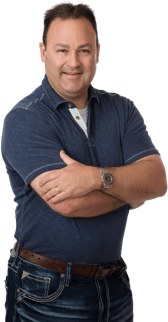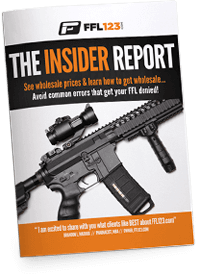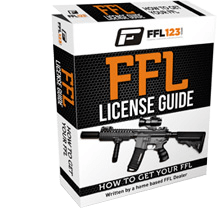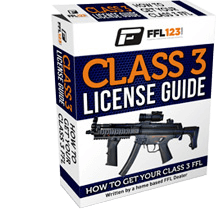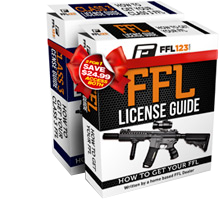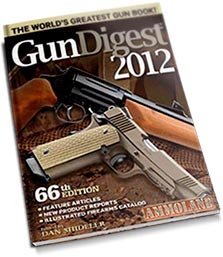The simple answer is yes, it is 100% legal to buy, sell, and make armor-piercing ammunition (AP Ammo). Of course, the answer isn’t actually that simple, so let’s go over the specifics.
Table of Contents
Definitions of AP Ammo
Before we really jump into this, we should get some definitions out of the way.
First up is the federal definition for ammunition:
- 18 USC 921(a)(17):
- (A) The term “ammunition” means ammunition or cartridge cases, primers, bullets, or propellant powder designed for use in any firearm. It’s important to note that each individual component of ammo is considered ammunition by itself in the eyes of this law – not just a complete, loaded cartridge.
Now we’ll look at the federal definition for armor-piercing ammunition:
- 18 USC 921(a)(17):
- (B) The term “armor piercing ammunition” means—
- (i) a projectile or projectile core which may be used in a handgun and which is constructed entirely (excluding the presence of traces of other substances) from one or a combination of tungsten alloys, steel, iron, brass, bronze, beryllium copper, or depleted uranium; or
- (ii) a full jacketed projectile larger than .22 caliber designed and intended for use in a handgun and whose jacket has a weight of more than 25 percent of the total weight of the projectile.
The definition has two parts to it, and they both apply specifically to the bullet component of ammunition, and specifically to their use in handguns. This goes back to the Law Enforcement Officer’s Safety Act that was intended to regulate “cop-killer” bullets from use in easily concealable firearms – namely, handguns.
Handguns/Pistols
With the popularity of AR-15 pistols, which are technically handguns, there are certain types of bullets that you would normally consider to be rifle bullets, but are now considered as being able to be used in a handgun. As a result, the ATF has redesignated things like brass bullets in .223 caliber. This is because a brass bullet for a .223 cartridge is now “armor piercing” in the eyes of the ATF because it can be used in a handgun (AR pistol).
To further muddy the water, the ATF has created an exemption for some bullets:
- 18 USC 921(a)(17):
- (C) The term “armor piercing ammunition” does not include shotgun shot required by Federal or State environmental or game regulations for hunting purposes, a frangible projectile designed for target shooting, a projectile which the Attorney General finds is primarily intended to be used for sporting purposes, or any other projectile or projectile core which the Attorney General finds is intended to be used for industrial purposes, including a charge used in an oil and gas well perforating device.
The best example of this is “green tip” 5.56 ammunition, which has been exempted by the ATF even though it has a tungsten steel armor-piercing core.
The Legality of Making and Selling Armor-Piercing Ammo (AP Ammo)
If you’re only making regular ammo for your own personal use (like thousands of reloaders nationwide), then you do not need any kind of licensing or approval from the government. If you want to sell the ammo that you make, then you’ll need an FFL.
Now, if your goal is to make and sell armor-piercing ammo, you’ll need not only an FFL but a SOT as well. Even once you have those things in place, you can still only sell armor-piercing ammo to specifically approved buyers.
Start Making Ammo Today
Navigating the process of getting an FFL and SOT for making and selling regular or armor-piercing ammunition might seem confusing, but it doesn’t have to be. The guides offered by FFL123 will easily walk you through the application process for both of them. We’re so confident that this will work for you that we offer a 150% money-back guarantee. You’ve got nothing to lose, so get started now!



